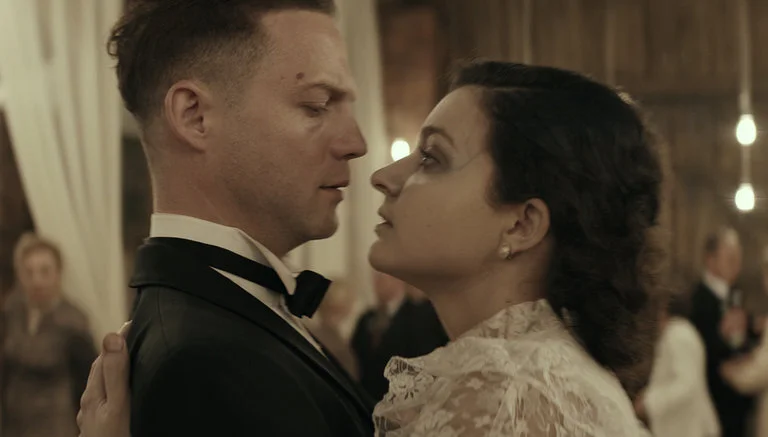On the surface, the ending of the 1920 classic silent film, The Cabinet of Dr. Caligari seems to be contradict the anti-authoritarian themes throughout the rest of the film—and in German Expressionism more broadly. But the lingering strangeness of the sets and that final, sinister shot of the Director suggest that the frame story is a deliberate deception, not merely something tacked on against the will of the writers that totally screws up their otherwise-masterpiece. As a bit of meaningful misdirection, the frame subverts our expectations and demands reinterpretation.
All tagged psychological horror
Surreal Idol
Perfect Blue likes to jar audiences out of escapism and suspension of disbelief as a way to get us to think critically about the film as a film—as a story, a fantasy, a constructed narrative. When you engage with the film in this way, assuming the film itself knows it’s a film, the nature of the story changes. It becomes clear that the film’s “reality” has been invaded by a surreality brought on by fan obsession with the fantasy of a J-pop idol. That fantasy comes to literal life in the film, as a metaphor for the real-life dangers of immersion, suspended disbelief, and escapism in the arts.
Demon & a History of Denial
The film takes place over the wedding and reception of a Polish woman and a British-born Polish man. Before the wedding, Piotr discovers a skeleton buried in the yard behind their new home, the old house Żaneta inherited from her grandfather. Demon is about a terrible truth that these wedding guests and many Poles want to forget, one that persists in the bones under the very soil of Poland itself.
Some Irish Horror We've Watched Recently
Happy Everyone’s Irish Day! Here are a few Irish horror movies we’ve watched recently. All the movies on this list were made by Irish filmmakers, all are set in Ireland, and all play off of fears that, in our American estimations (with some Irish heritage, which pretty much makes us experts, right?…), seem particularly Irish.





